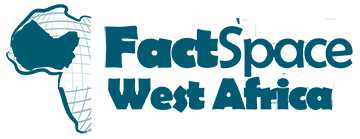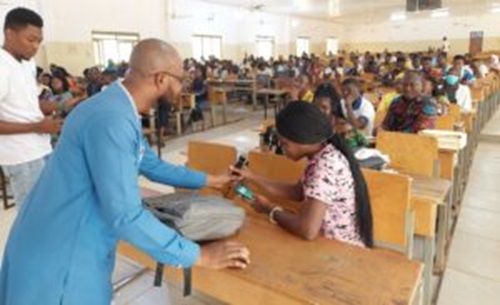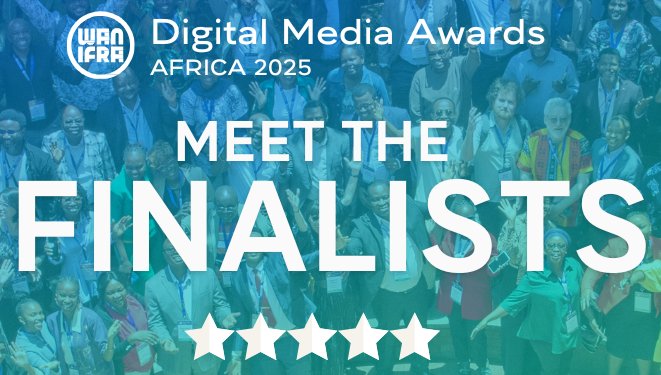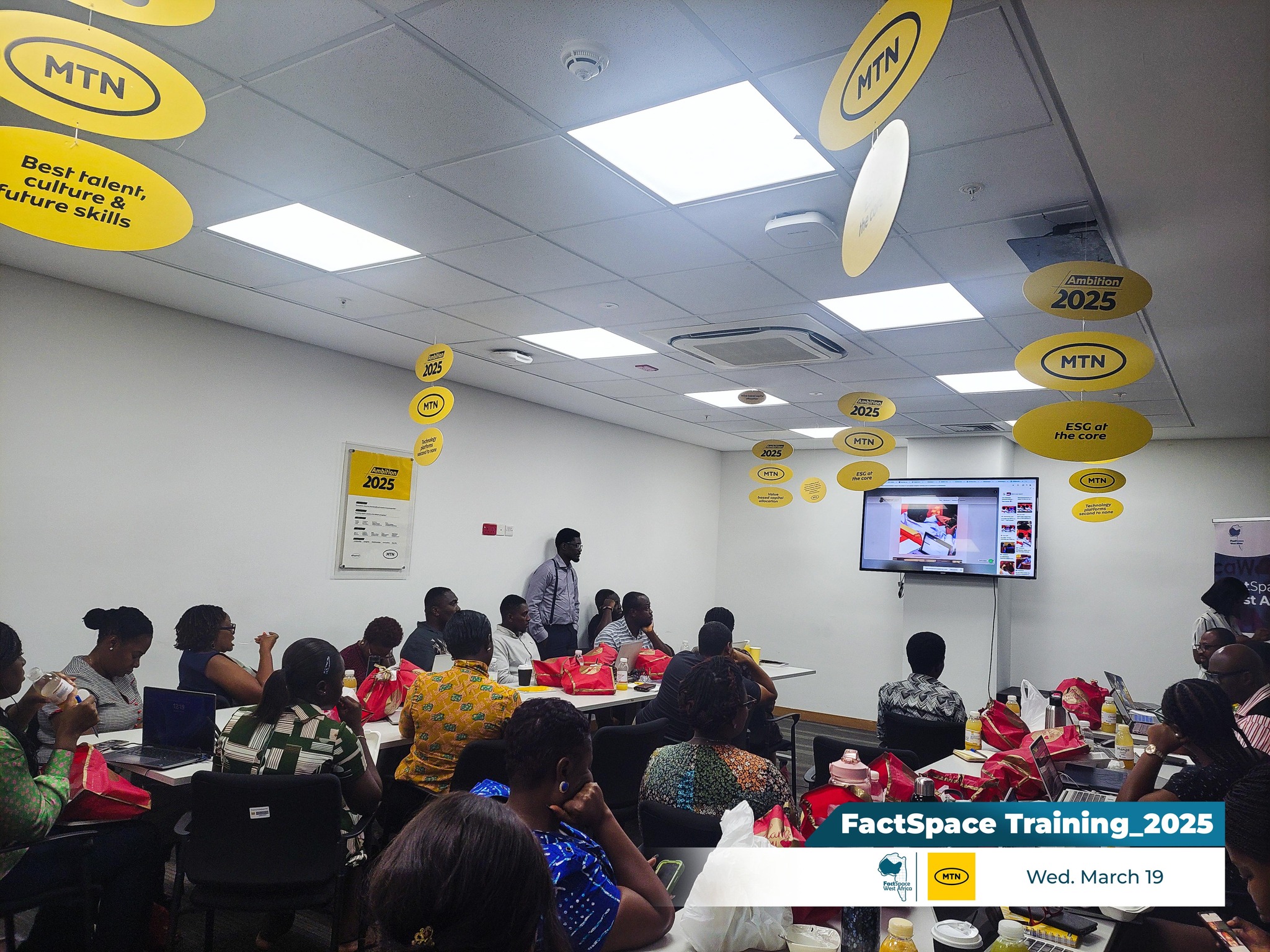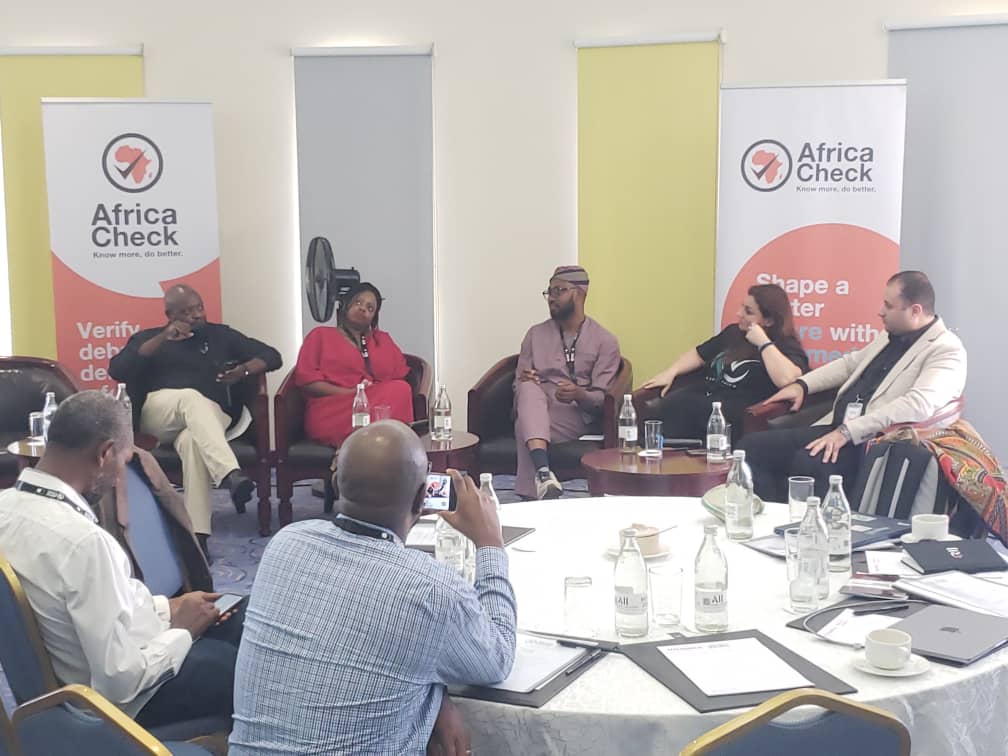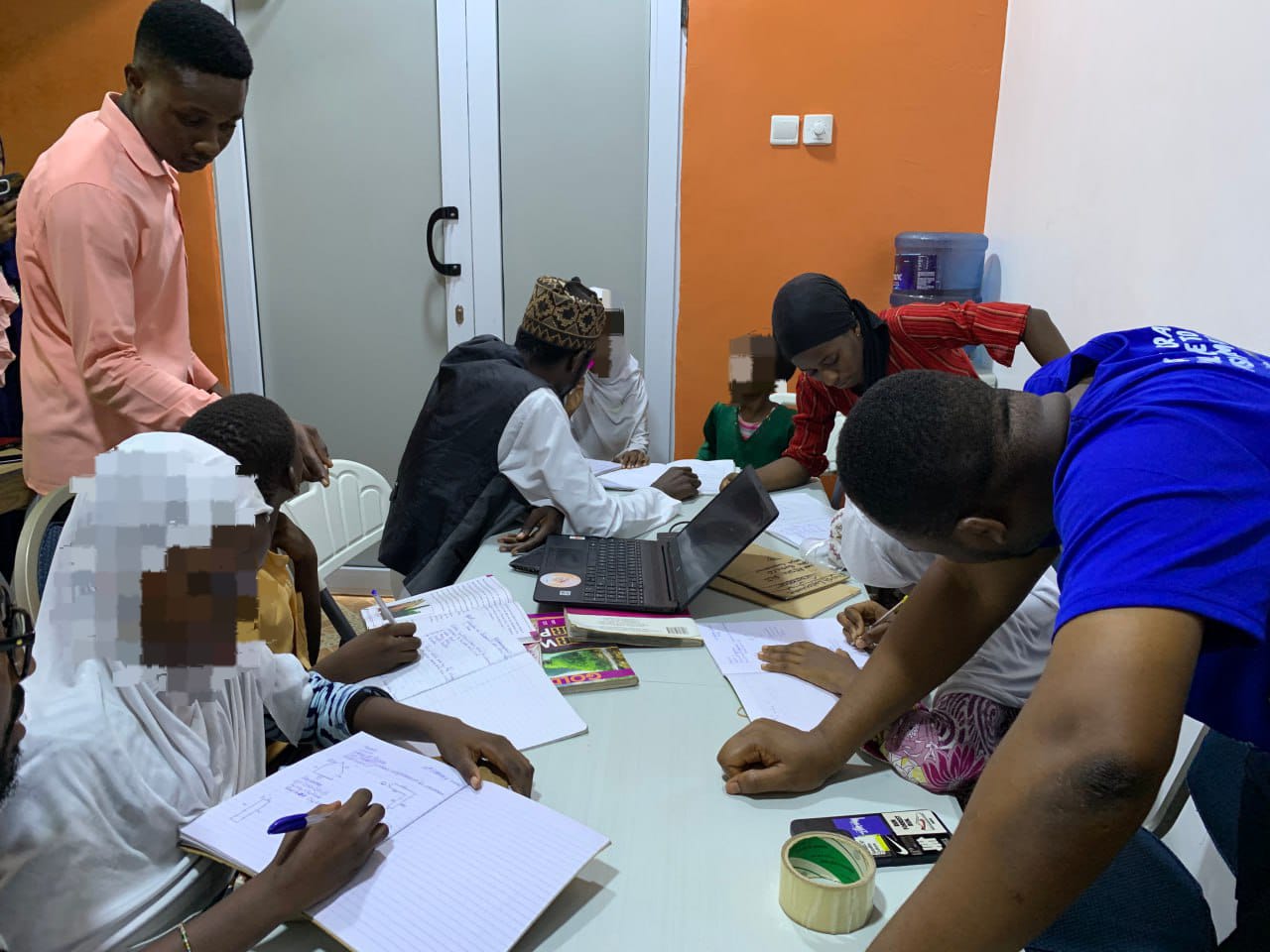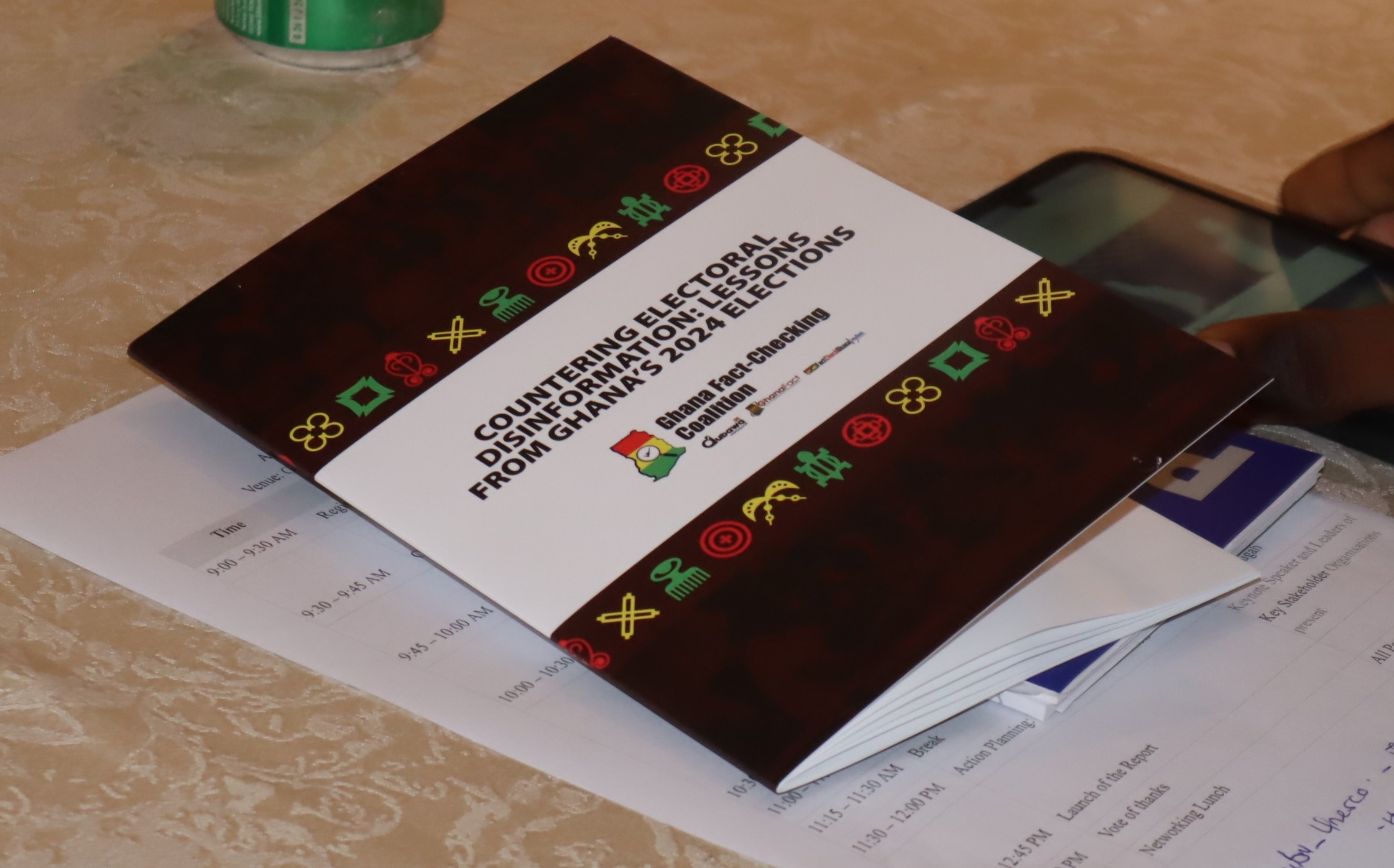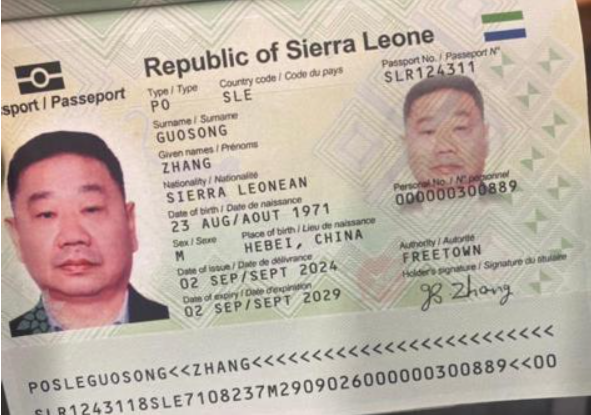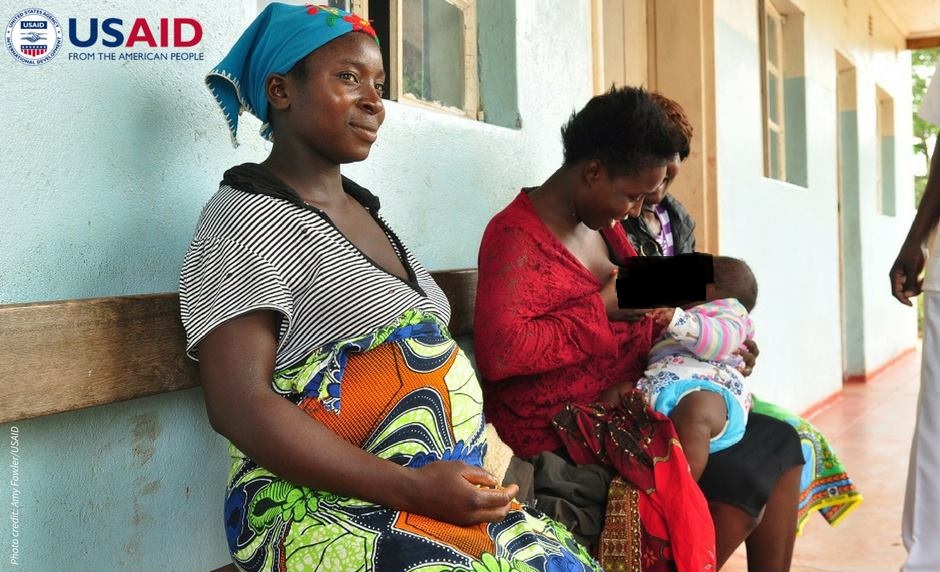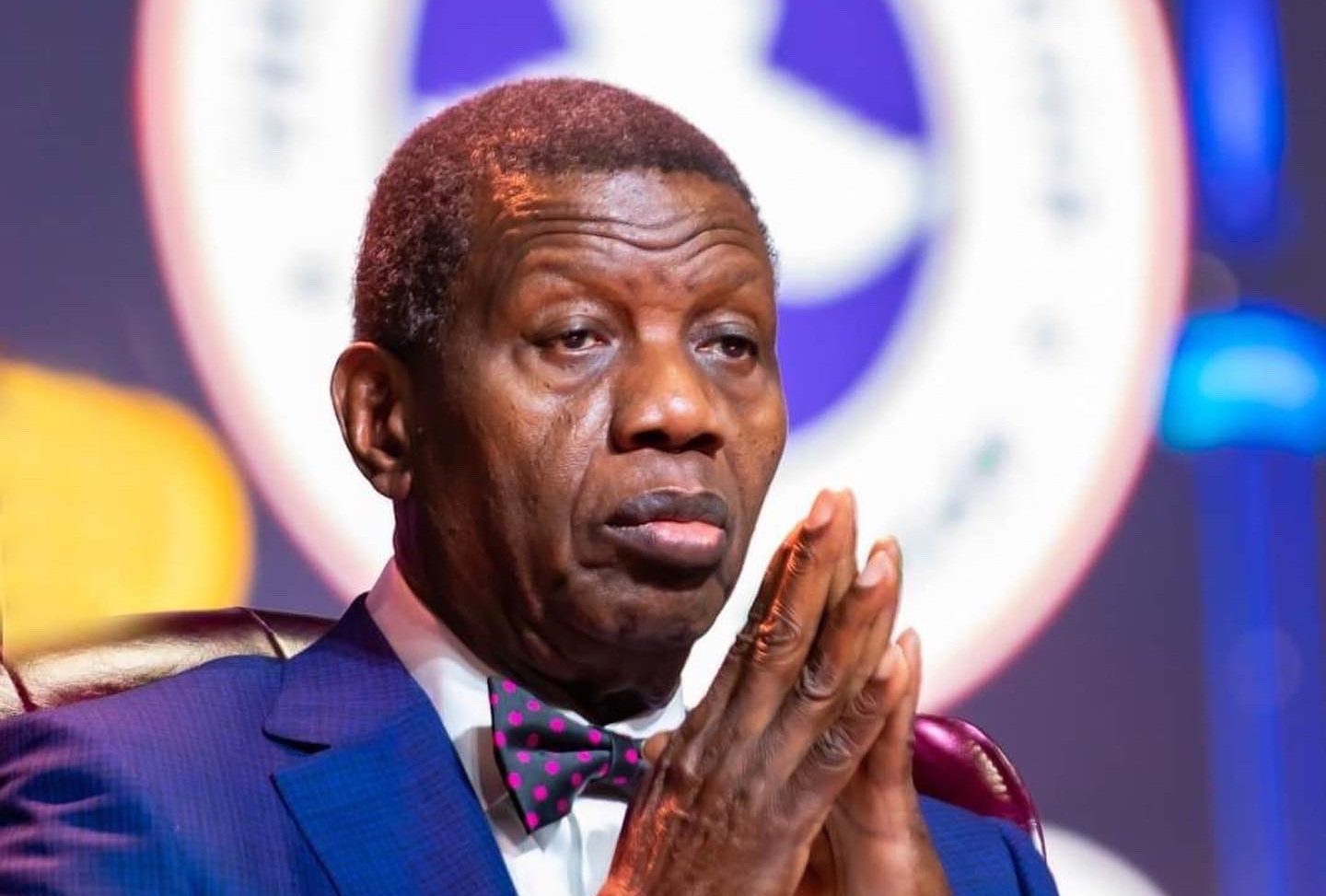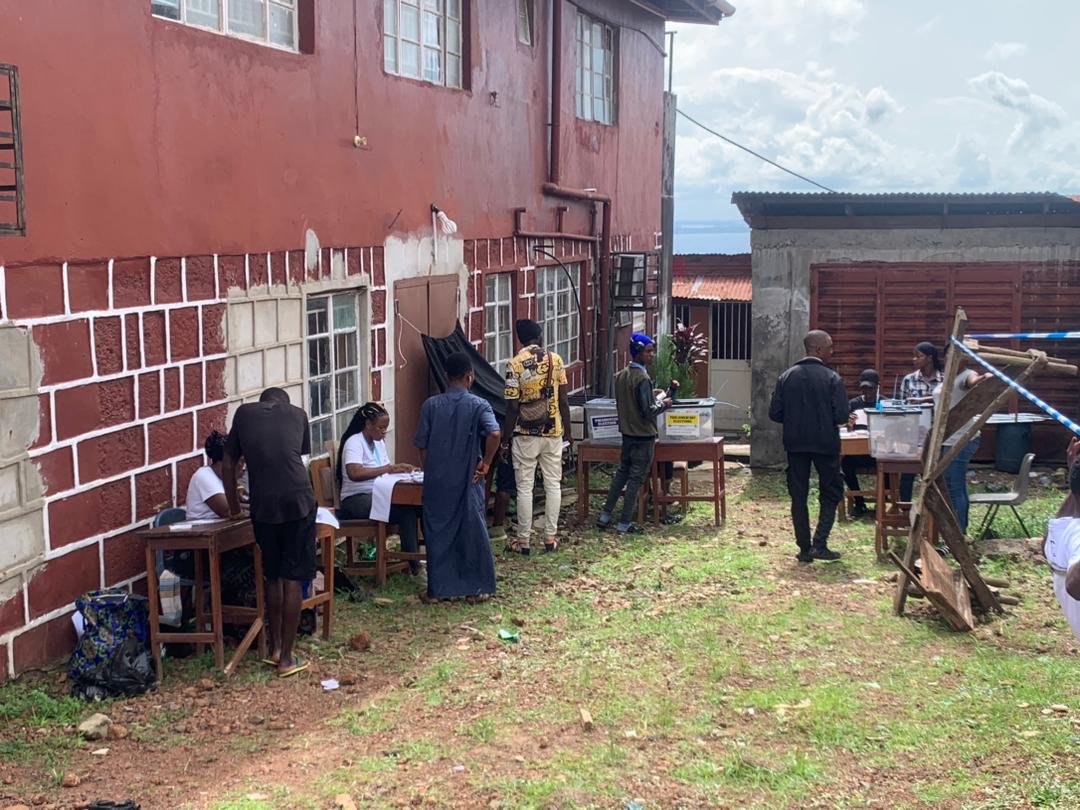FactspaceWA, Accra 8.02.2024
FactSpace West Africa and UNICEF have organized a session at the University of Development Studies (UDS) Nyankpala Campus to promote digital literacy and combat misinformation among students.
The session was attended by approximately 300 students pursuing various programmes.
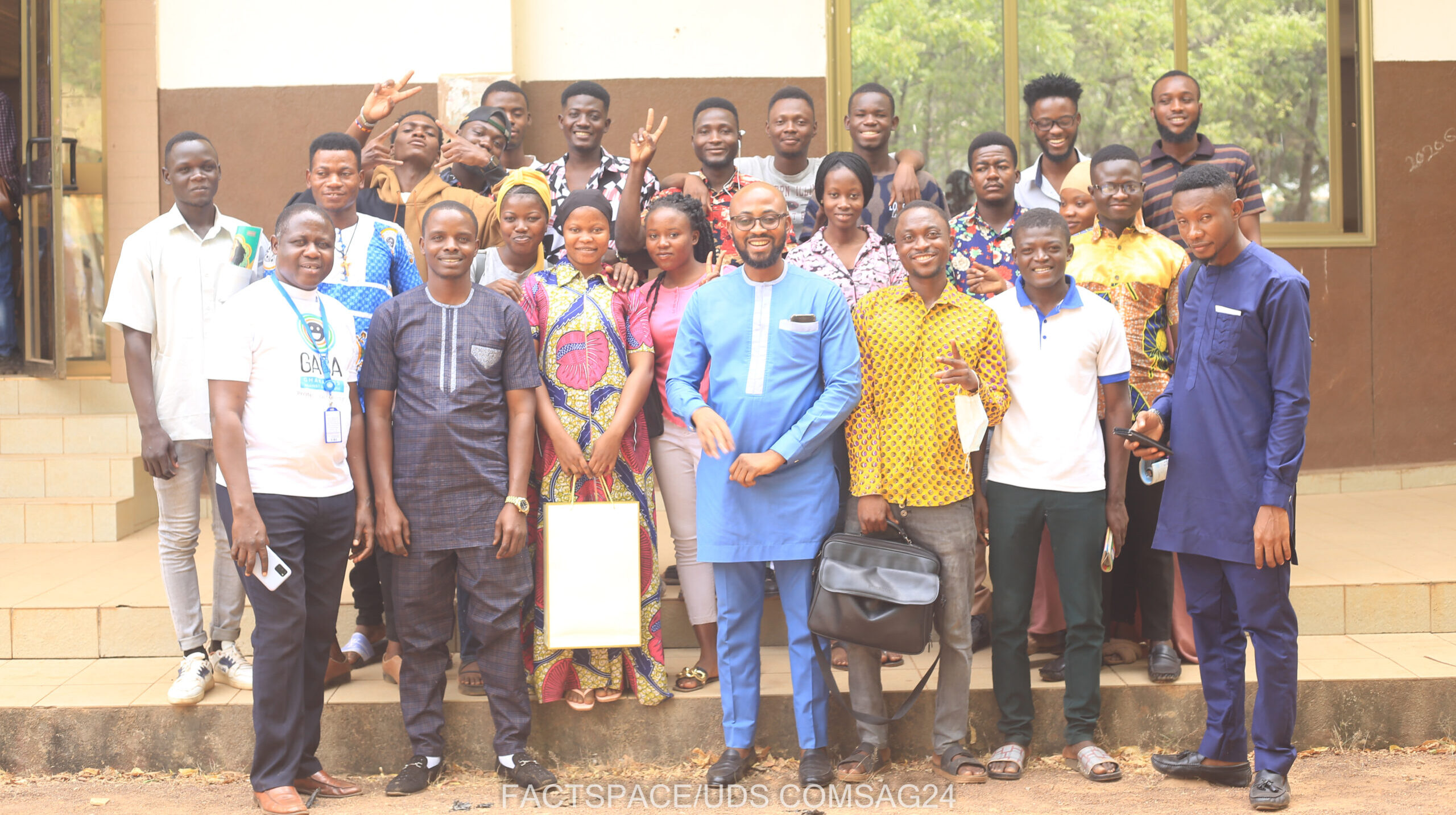
Fig 1 – A group photo of FactSpace trainers and beneficiaries of the training
The event started with introductory remarks from UNICEF representative Eric Amankwah and FactSpace team leads Rabiu Alhassan (director) and Salifu Abdul Rahman (projects manager). Rabiu delivered a presentation on misinformation and disinformation literacy, with a particular focus on vaccine myths and misconceptions on social media.
Eric Amankwah then emphasized UNICEF’s Social and Behaviour Change Communication (SBCC) concepts and the gamification of social behaviour change initiatives. He spoke about the Cranky Uncle Vaccine Game, which is part of a series of modules used by UNICEF in initiatives aimed at social behaviour change.
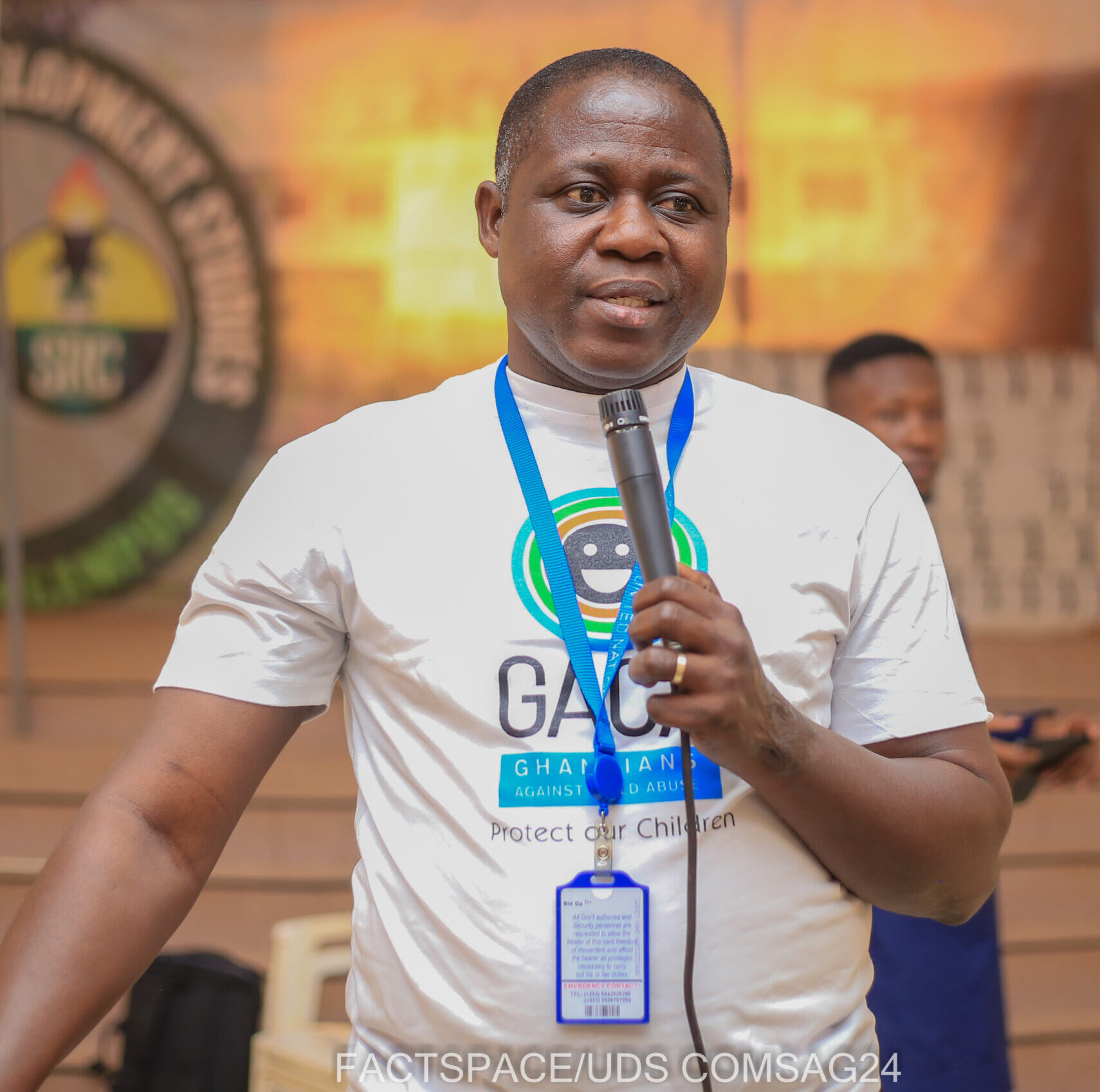
Fig 2 – UNICEF’s Eric Amankwah delivering an address
Students were introduced to the Cranky Uncle Vaccine Game, and taken through practical sessions to help them in downloading and using the app.
Salifu Abdul Rahman, Project Manager at FactSpace West Africa addressed concerns about app downloads, providing alternatives like the Agoo Shortcode 5100 and WhatsApp Chatbot + 233 53 092 9664.
The session was highly interactive, with students actively participating in the practical sessions and sharing their feedback on the app. The most active participants were recognized and rewarded for their valuable input and active participation.
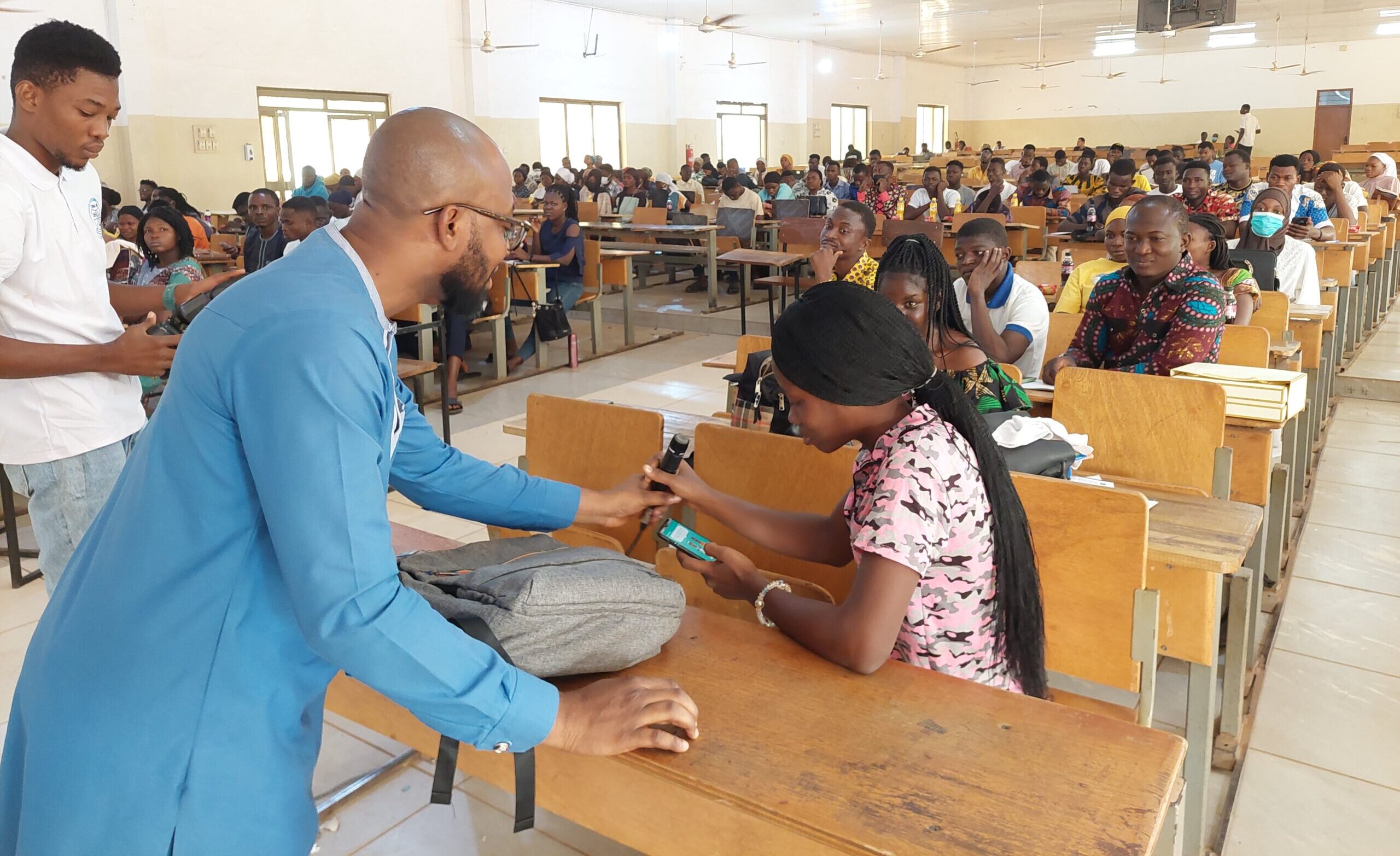
Fig 3 – Rabiu interacts with one of the beneficiaries
This initiative by FactSpace West Africa and UNICEF is part of a broader effort to promote digital literacy and combat misinformation among young adults in the Sahel Spillover Regions.
About the app
The Cranky Uncle Vaccine app, was designed and deployed in East and West Africa, incorporating elements such as quizzes, challenges, and rewards to engage participants in an immersive learning experience.
Through co-design workshops with health workers and young people, the game content was carefully curated to reflect the cultural context in Ghana. 1,000 young participants were selected from institutions in Ghana and furnished with the app for testing.
The app aims to explore the potential impact of gamification to foster community resilience, promote fact-checking behaviors, and reduce the amplification of misinformation through social networks.
By engaging users in immersive and enjoyable experiences, gamification not only empowers individuals to distinguish between credible and false information but also cultivates a sense of collective responsibility in curbing the spread of misinformation.
By Julius Kofi Satsi
